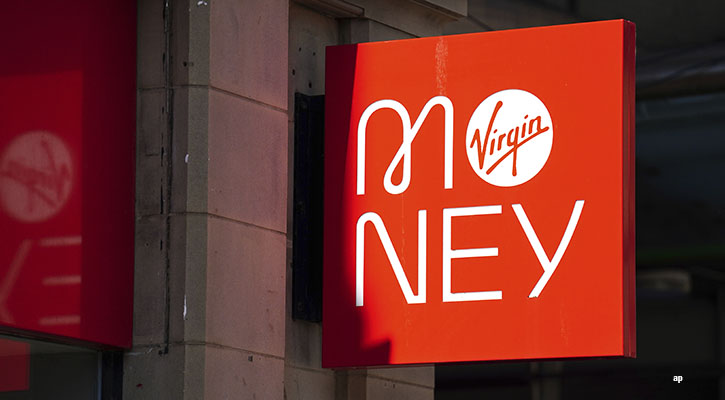Previous case studies have addressed coping with suspended pension payments, dealing with lifestyle changes and retirement planning for divorcees. This month's independent financial adviser responds to a query regarding the search for a suitable fixed rate investment for a reader's self-invested personal pension (SIPP). To submit your own question or scenario for consideration as a future case study, please e-mail editorial@hemscott.co.uk.
Case Study
"I am having trouble finding a fixed rate investment for my SIPP. Most
bonds offered by building societies/banks typically 2-5 years at
3.5-5.0% are not available to use in a SIPP as the treatment of tax is
different and apparently there have been money laundering problems in
the past. Corporate bonds are a possibility but still quite high risk
and difficult to arrange.
"Now that the UK stock market is likely to slow up, I would like to move some of my fund (say £50,000) into a fixed rate investment. My SIPP provider and their nominated stockbrokers only pay 1% on cash deposits so it is silly to leave the funds there.
"Can you help?
"Kind regards, Martin (aged 60).”
Independent Response
Philip J Bevan, BSc (Hons), Dip PFS, IMC; Director, Agora
Asset Management Limited
"Finding the best fixed rate investment for a SIPP can be difficult; not only does the investment need to be available for SIPP monies but the SIPP Trustees must also allow it. Laws surrounding client identity verification can cause problems and tight deadlines for a limited offer product are unlikely to be met by many SIPP Trustees. This is an unfortunate byproduct of the assets being owned by a Trust on your behalf.
"It is not uncommon for a SIPP provider or their nominated stockbrokers to only allow deposits within their preferred bank, as they often take a commission which helps subsidise their operation costs and lead to poor rates being paid. Alternatively they may levy a charge to allow you this flexibility--this can be up to £500 or more.
"When choosing fixed rate or deposit investments, an important factor to consider is default risk and investor protection; these were long forgotten until the credit crunch. Whether SIPP fixed rate or deposit investments qualify for £50,000 cover per individual member or for the SIPP provider as a whole (i.e. £50,000 spread between all members) will depend on how the Trust is worded. Furthermore, if you hold a fixed rate or deposit with a banking institution inside a SIPP and also as an individual, you can only receive a maximum of £50,000 compensation. Given the recent mergers of banking organisations this is increasingly important to consider. The Financial Services Authority's Money Made Clear Web site covers it well.
 "A Google search will often find some options and, at the time of
writing, Halifax International are offering 3.04% AER which includes a
1% bonus in the first 12 months for balances over £2,500. You should be
aware that this is not covered by the UK compensation scheme though.
"A Google search will often find some options and, at the time of
writing, Halifax International are offering 3.04% AER which includes a
1% bonus in the first 12 months for balances over £2,500. You should be
aware that this is not covered by the UK compensation scheme though.
"Investec Private Bank also offers some good rates although unfortunately not their highly praised High Five Account which is only available for individual investors. This is another clear indication that the banks are simply not interested in providing market leading rates for pension accounts. You therefore have to search quite hard to find good rates and they are often with the lesser known private banks.
"You mention corporate bonds, which as individual investments are higher risk, although there are many unit trusts and OEICS available which spread the risk. A final consideration would be gilts (UK government bonds), which don’t have the same issues of higher default risk or potential lack of liquidity when compared with corporate bonds. These can be bought directly through a stockbroker or as a collective investment via a unit trust or OEIC. Both types of bond will have their capital valuations affected by market perception of capital security and also interest rate movements.
"If you are determined to lock into a fixed cash rate for a five year period the best rate looks to be the 4.8% AER from Scottish Widows Bank from 14/1/2010 to 13/1/2015. Whenever locking money up for a period of time be sure to read the small print to understand your exit route should you need to take the money out. Also be sure to understand the investor protection position for the institution and how this relates to your personal circumstances."
Disclaimer: All views expressed in this article are those of the financial adviser and not necessarily those of Morningstar, Inc. Morningstar is not responsible for the financial adviser's comments nor will it be liable in any way for any advice or information provided by the financial adviser.
To submit your own question or scenario for consideration as next month's case study, please e-mail editorial@hemscott.co.uk.
























